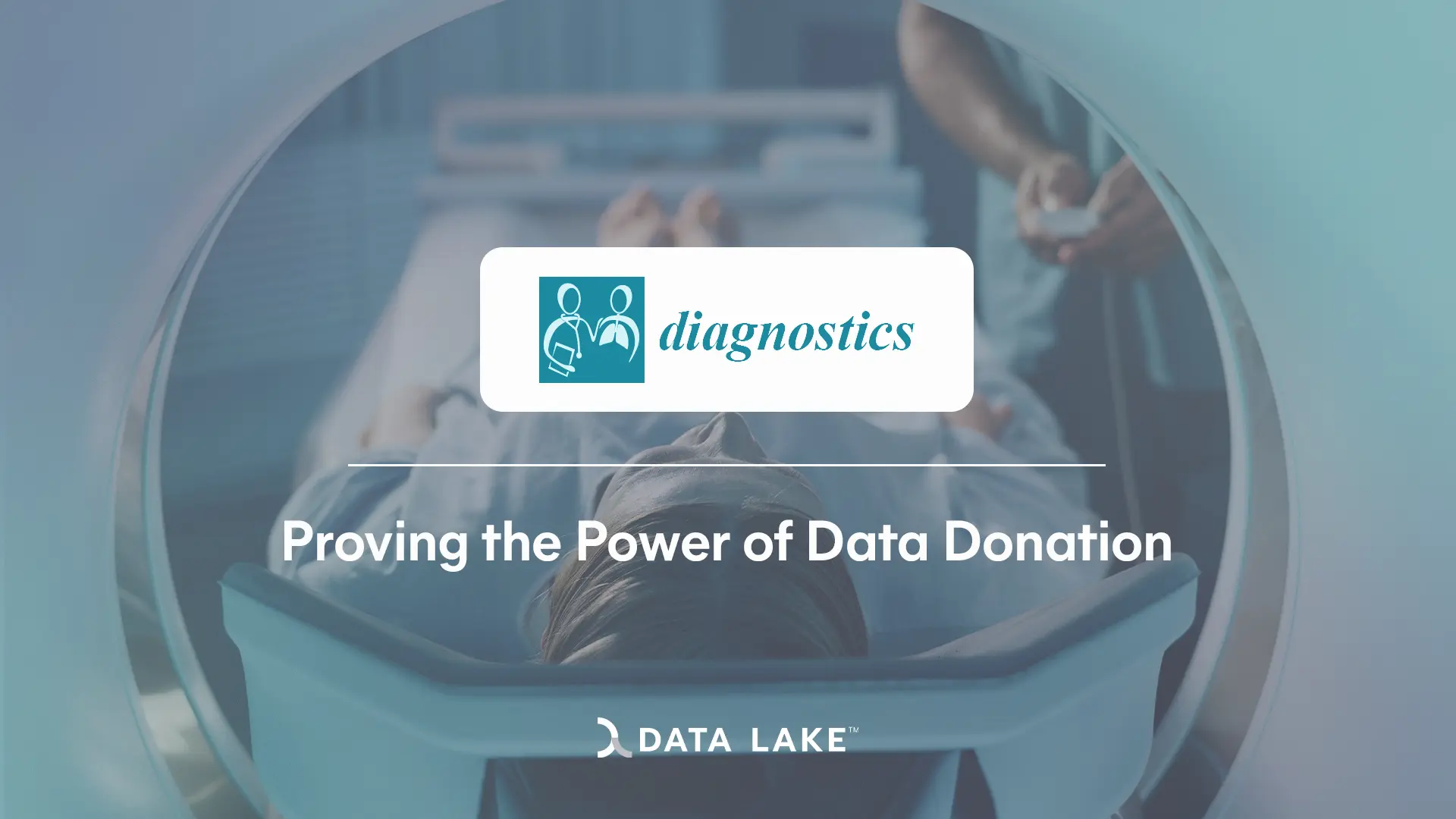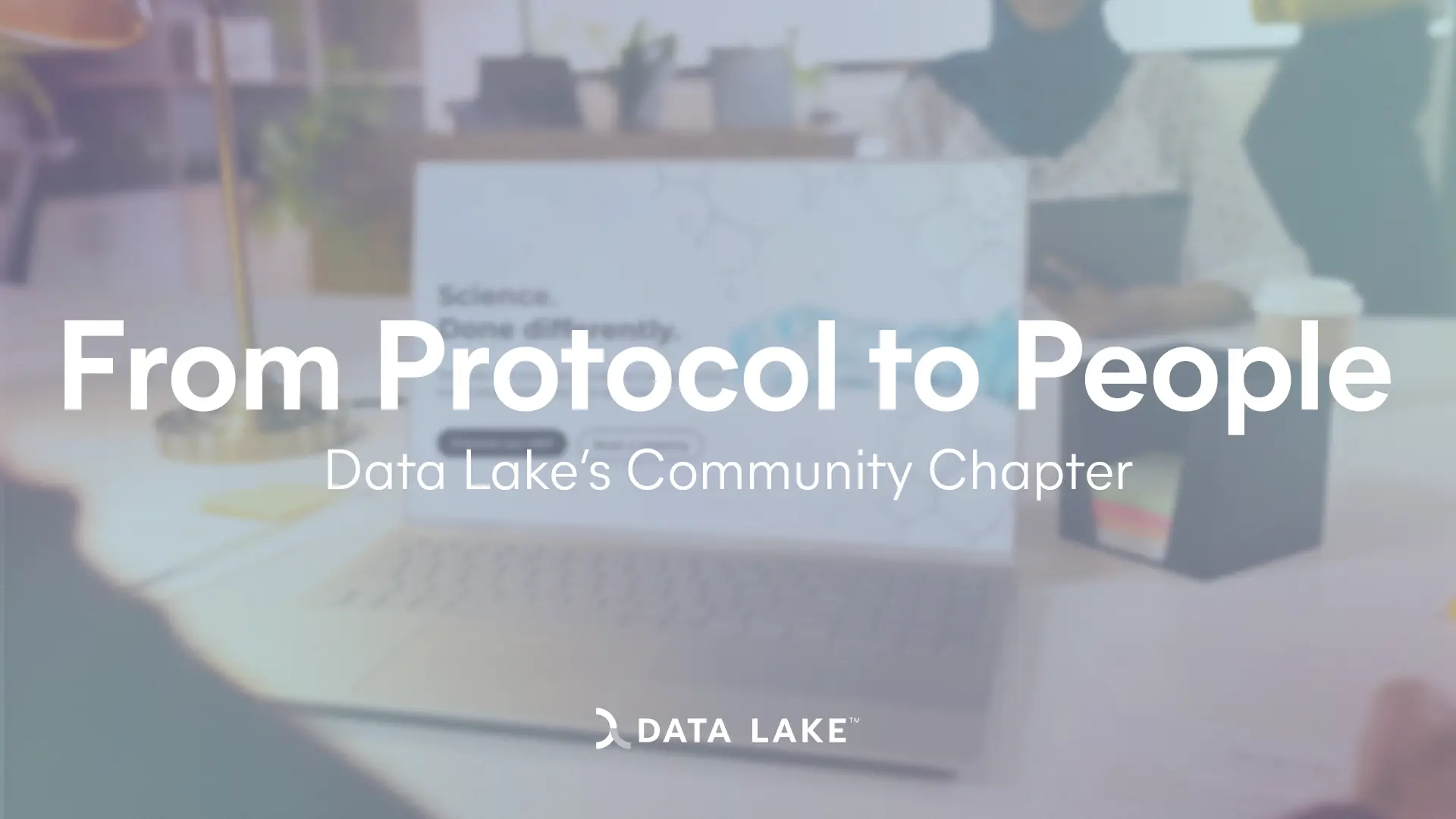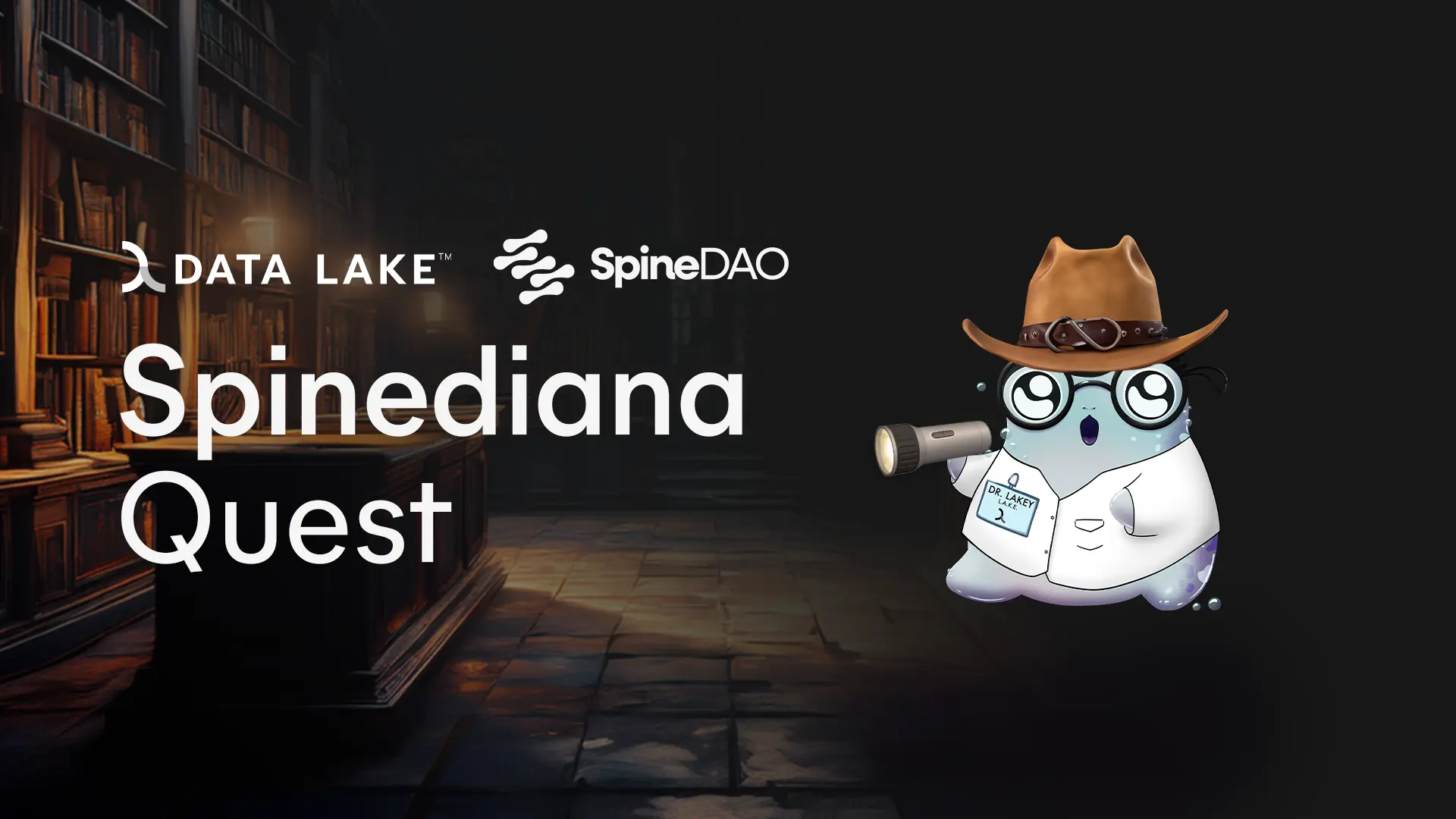Big milestone for the Data Lake: our study has just been published in the peer-reviewed journal Diagnostics 🎉
The study — “Analyzing the Gaps in Breast Cancer Diagnostics in Poland—A Retrospective Observational Study in the Data Donation Model” — is one of the first peer-reviewed proofs of how patient-driven data donation can be used to uncover real-world healthcare challenges.
- 587 breast cancer cases analyzed
- Patient data voluntarily donated to power the research
- Key finding: while first oncology consultations were timely, delays of 3+ months emerged before surgery and treatment, revealing systemic gaps
In short: patients shared their data → researchers with the help of Data Lake mapped delays → policymakers now have evidence to fix bottlenecks.
Why It Matters for Data Lake 🌊
This is more than an academic milestone. It’s validation of the data donation model we’ve been building since day one, where we proven:
- Patients are willing to share their data for science, provided adequate safety and trust measures are in place.
- It’s possible to get access to large patient populations (20k+ data donors) working with decentralized science tools, outside of traditional academia and public research financing. Time for citizen scientists to shine!
- Real-world data studies can be an important tool to study efficacy-efficiency gaps or policy-practice gaps (as in our paper).
- Opt-in data sharing mechanisms with patients’ informed consent can be an alternative to the current best practice of large-scale routine data analytics platforms (e.g. Open Safely by the University of Oxford)
This study shows that decentralized, community-powered data collection isn’t just theory — it works, it scales, and it gets published in medical journals.
This publication sits alongside everything we’ve been building recently:
- LAKE.fun: our first Web3 platform where communities contribute data and get rewarded
- SpineDAO partnership: bringing patient consent and AI training to spine care
- Data Lake Application: making patient registries fast, compliant, and consent-first
Together, these are all proof points that the future of healthcare will be built on-chain, by communities, and powered by consented data.
A Proud Moment, But Just the Beginning 🔮
Being published in Diagnostics is a recognition of our scientific rigor — but also a signal that the DeSci movement is ready for prime time.
We’re building the tools, launching the platforms, and now publishing the science. The cycle is complete: from data → to research → to peer-reviewed validation.
👉 Read the paper here
👉 Join the Data Lake community
Because the future of science is transparent, decentralized, and patient-powered.




